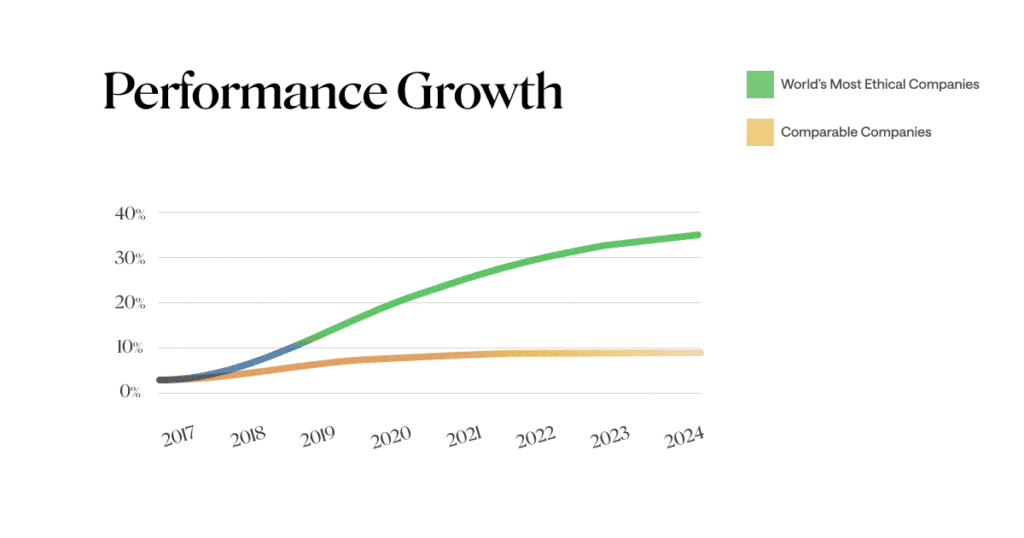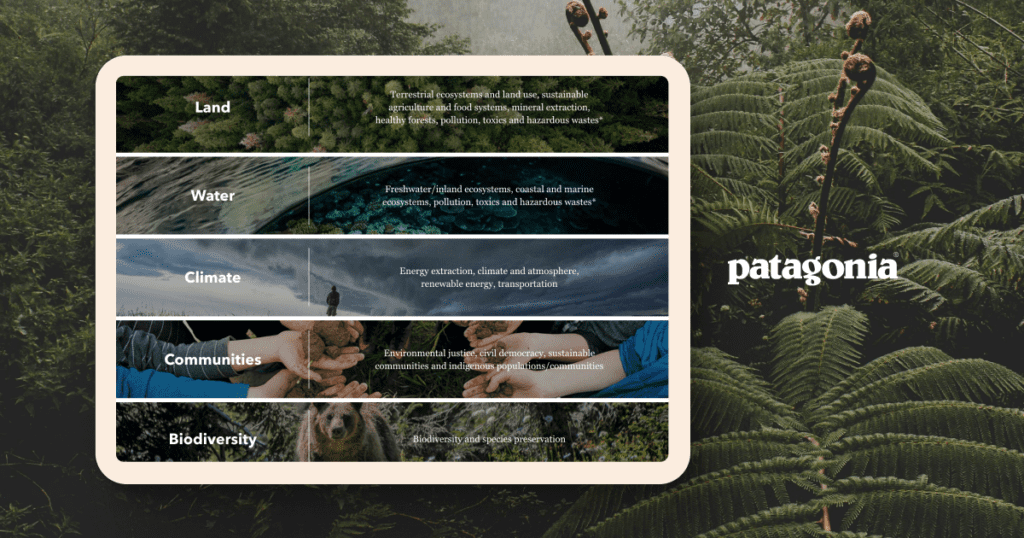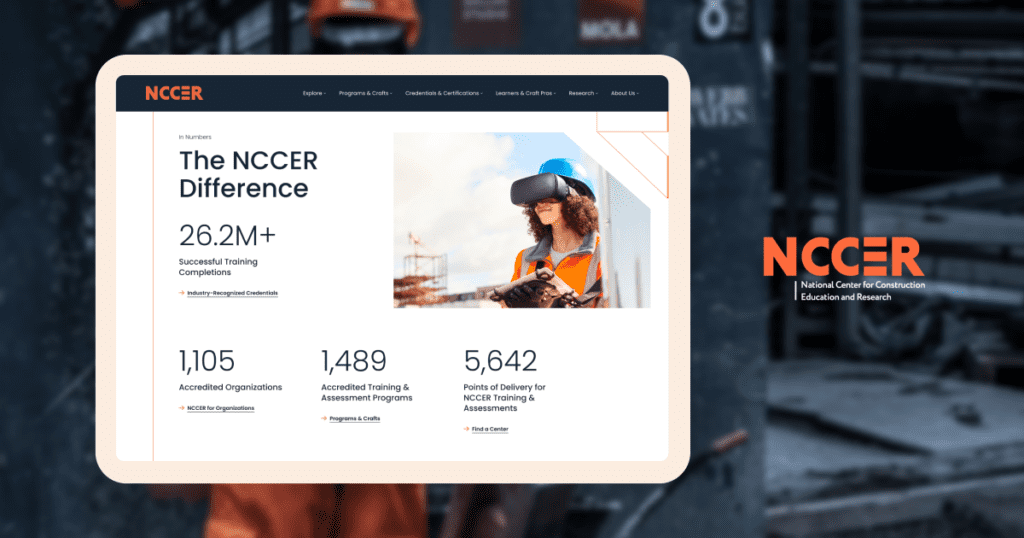Not long ago, Jon Stewart took the stage to sharply critique the trend of performative corporate morality. While it’s not an unfamiliar topic for him, his timing—on the heels of Pride Month—was pointed, as he dissected the awkward attempts by several prominent companies to engage with current social issues.
The segment was equal parts hilarious and scathing. Stewart didn’t hold back, concluding with: “Let’s stop pretending that a corporation can even be woke or un-woke or patriotic or un-patriotic. Let’s just let corporations live their truth as the profit-seeking Patrick Bateman psychopaths they are. At the very least, we might finally get some honesty from them as well.” Tough words!
As brutal as that critique is, it’s hard to deny the pandering in the ads Stewart highlighted (check one out here). But I’d like to push back on his overall stance. While there’s no shortage of superficial “virtue” marketing, I believe ethical business practices and profitability are not mutually exclusive. In fact, they can work together beautifully.
You might wonder how that’s achievable, given that businesses need to focus on the bottom line. From my experience, integrating ethics into your business strategy can strengthen your brand, boost long-term success, and even drive financial results. Here’s how.
Why Ethical Responsibility Resonates
As someone who leads a creative agency, I’ve come to realize that our role in shaping cultural narratives through visuals and messaging carries significant weight. This responsibility pushes us to explore and champion ethical practices wherever we can.
Take a recent analysis by Vogue on the decline of fast fashion. While it remains widely available, younger consumers increasingly favor alternatives that align with sustainability. Add to that the pressure of stricter environmental regulations, and you’ll find more companies adapting by embracing practices like repairing and reselling clothes instead of simply churning out new inventory.
These shifts matter because when businesses adapt, they influence consumer behavior. Consider how retailers phasing out plastic bags or charging for them has changed the way you shop. It’s proof that businesses can guide social and environmental transformation. If brands recognize that every aspect of their identity communicates values—and audiences are paying attention—why not use that influence to create positive change?

The Business Case for Ethical Practices
Aligning your brand with ethical principles doesn’t just make a difference; it drives results. But how does this manifest in practical, measurable ways?
The answer lies in the relationship you build with your audience. People are already looking for products and services that reflect their values. Showing that your brand embodies these ideals creates stronger, more positive connections with them. The challenge is to communicate this alignment authentically, emphasizing both relevance and substance.
One example from our work is our collaboration with the National Center for Construction Education and Research (NCCER). When redesigning their branding and website, we focused on inclusivity, ensuring the visuals reflected diversity in construction—particularly representation of women. This wasn’t about inclusivity for its own sake or to appear progressive. It was about portraying the construction industry as innovative and accessible, while also breaking outdated stereotypes.
By crafting a message that resonated with their audience’s values, NCCER didn’t just enhance trust and engagement—they expanded their reach, unlocked growth opportunities, and ensured long-term sustainability. This example highlights that authentic branding leads to tangible benefits, both for your business and your audience.
Why Transparency Pays Off
Honesty is often touted as the best policy—and in business, it’s a truth that pays dividends, especially when paired with transparency. Marquette University’s School of Business offers compelling evidence:
“People often believe that unethical companies make the most money, but doing the right thing can lead to big financial rewards. Typically, companies that make a commitment to good business ethics earn more money than their less scrupulous competitors. For example, businesses that were designated by the corporate ethics assessment company Ethisphere as the World’s Most Ethical Companies in 2022 outperformed comparable companies by 24.6% between 2017 and 2022.”
It’s easy to focus on the financial upside, but ethical branding is about more than profitability. By aligning your words with actions, you build a level of trust and loyalty that’s hard to replicate.
Patagonia is a powerful example of this principle in action. Known for its unwavering commitment to environmental preservation, the brand has cultivated a loyal customer base by staying true to its mission. As we’ve examined before, Patagonia doesn’t just market sustainability—they live it, earning respect and driving sales because of that authenticity.
This ties back to Stewart’s critique: people can sense when a brand is genuine. Brands that let their values lead—and demonstrate those values authentically—earn long-term loyalty and support.

Ethics as a Business Standard
So, why let superficial virtue-signaling steal the spotlight when real ethical practices have the power to elevate your brand? Building an ethical foundation isn’t just a feel-good exercise; it’s a strategy for success. By making ethics an intrinsic part of your business, you’ll discover that values-driven decisions foster trust, strengthen connections, and yield rewards that last.
In the end, ethical branding reinforces the idea that doing the right thing is always the smart thing.
